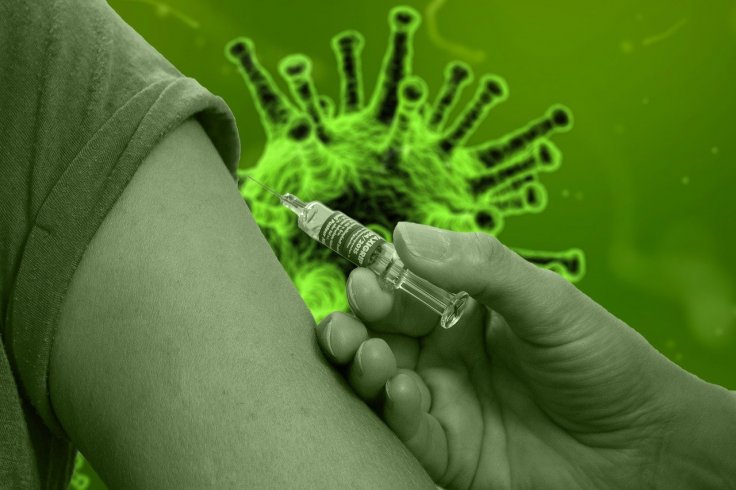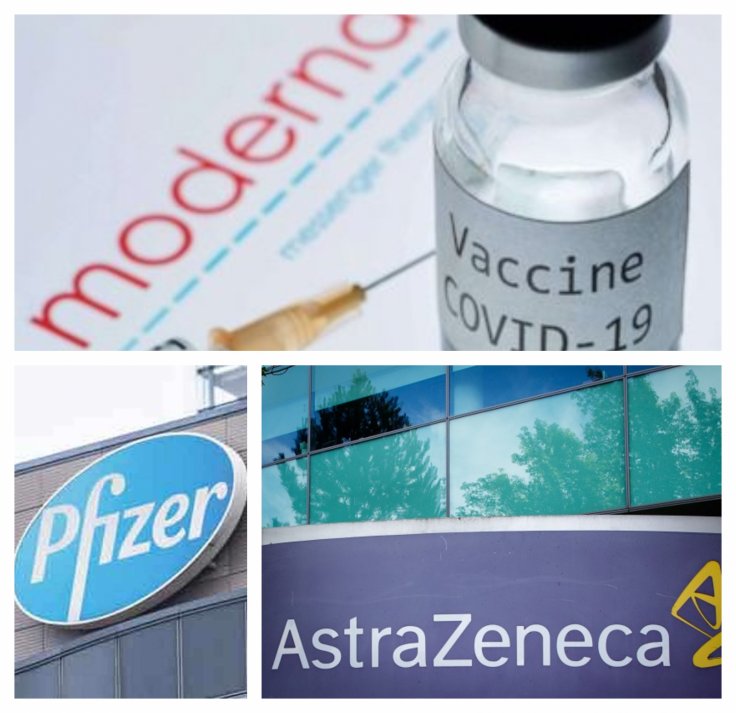A year on and over a million lives lost, the novel Coronavirus pandemic has ravaged the world. But for the first time in history, pharmaceutical companies, backed by private organizations and governments, have been able to manufacture vaccines within a year that could end the pandemic. As of December 18, many countries have already begun rolling out the vaccines. However, as governments prioritize age and working groups in giving the shots, the policy has many people wondering if vaccinated people could still get infected or if they could spread it to people who are yet to get the jabs.
The key to the answer is to understand how a vaccine works. A vaccine is intended to protect people from the severity of the disease by giving people a mild dose of the virus that will trigger the body's immune response. For example, the Spanish flu that caused over 50 million deaths, is still present now. However, with flu shots and herd immunity, it is not very dangerous and doesn't need isolation, social distancing or quarantine.
But even after getting flu shots, people get influenza. The COVID-19 vaccines will not be any different. "What this efficacy means is protection against COVID disease that could be mild, moderate and severe disease. The trials were primarily designed to see whether these vaccines protect against diseases," Dr William Moss from the John Hopkins Bloomberg School of Public Health told FOX TV Stations.

Life After Vaccine
So, does it mean that once you get a vaccine jab, you can get back to pre-pandemic life? Well, not so soon. While you will have protection against COVID-19, the vaccine doesn't protect you from getting infected with the novel Coronavirus.
Hence, you can still spread it to people who are yet to get a vaccine shot, meaning they will be at risk and depending on the severity, underlying pre-existing conditions, access to healthcare and age factor. The condition could get serious and even lead to death. It should also be noted that there is no cure for the disease yet.
"The question is whether people who have been vaccinated can still be vectors of this disease, and the answer is absolutely. I believe that with the great news of the vaccine, people who get vaccinated are also going to have a false sense of security. Therefore, I think it's important for people to know because even though you have the vaccine, you can still infect people," Dr Ivan Melendez, Hidalgo County Health Authority, told Texas Tribune.

Unanswered Questions
While with the protection from the vaccine, the virus load will be less, some questions remain to be answered. Most of the vaccines haven't had extensive studies on asymptomatic infections. That means, you can be a silent carrier and while it may not affect your daily routine, you could still spread the virus.
In Moderna's study, 14 people who got the vaccine and 38 with the placebo became asymptomatic carriers, according to the drug maker's Dr Jacqueline Miller. Dr Moss said that the trials of the vaccines were "primarily designed to see whether these vaccines protect against diseases." Hence, it is difficult to know without a broader study if the existing vaccines can prevent infection. In the meantime, experts say that it is important to carry on with social distancing, wearing masks and using sanitizers to keep the virus at bay as much as possible.

As more and more people get vaccinated and more effective treatments come up, the herd immunity will increase, eliminating the necessity of quarantine and the fear factor. The good news is that AstraZeneca-Oxford University's vaccine candidate is capable of preventing infection. If the company can improve on the efficacy and further studies show that it could prevent infection, it would aid in fighting against the virus.
"I'm very worried, very concerned because people drop their guard. We have to be extremely careful. It's not a cure and it's part of a long process," said El Paso County Judge Ricardo Samaniego, adding that people should not think that the worst is over.









